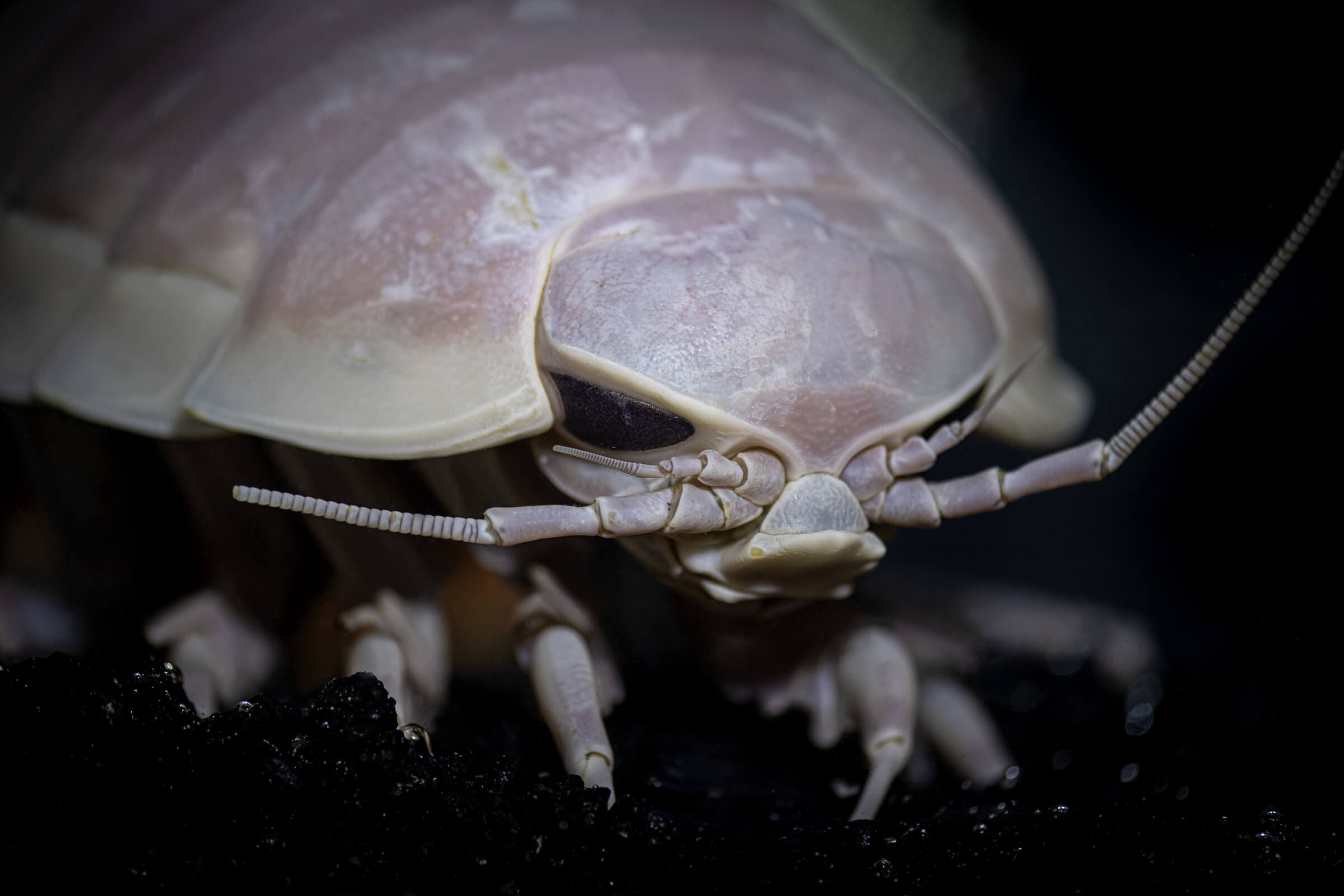Welcome to Facts Vibes! Today, we’re diving into the fascinating world of isopods. Join us as we uncover intriguing facts about these remarkable creatures and gain a deeper understanding of their unique characteristics and behaviors. Get ready to be amazed by the incredible world of isopods!
The Fascinating World of Isopods: Interesting Facts and Information
The fascinating world of isopods holds many interesting facts and information. Isopods are a type of crustacean that can be found in various environments, including marine, freshwater, and terrestrial habitats. They are known for their distinctive segmented bodies and ability to roll into a protective ball when threatened, which has earned them the nickname “roly-polies” or “pill bugs.”
One interesting fact about isopods is their role in the ecosystem as decomposers. They play a crucial part in breaking down organic matter, such as dead plants and animals, helping to recycle nutrients back into the environment. Additionally, some species of isopods have symbiotic relationships with other organisms, such as cleaning fish by removing parasites from their skin.
Isopods also exhibit fascinating behaviors, such as their unique methods of reproduction and social interactions within their communities. Some species even demonstrate maternal care, with females carrying their eggs in a pouch until they hatch.
In addition to their biological significance, isopods have also captured the interest of scientists and researchers due to their potential applications in fields such as biomedicine and bioengineering. Their ability to regenerate limbs and their resistance to certain environmental stressors make them an intriguing subject for further study.
Overall, the world of isopods is fascinating and full of interesting information that continues to captivate both scientists and nature enthusiasts alike.
Most popular facts
Isopods are crustaceans commonly known as woodlice or roly-polies.
Isopods are crustaceans commonly known as woodlice or roly-polies.
They are found in various habitats including terrestrial, freshwater, and marine environments.
They are found in various habitats including terrestrial, freshwater, and marine environments.
Isopods have seven pairs of legs and a distinct segmented body.
Isopods have seven pairs of legs and a distinct segmented body.
Some species of isopods are able to roll into a ball for protection.
Isopods can roll into a ball for protection.
They play a key role in nutrient cycling and decomposition in ecosystems.
Detrivores play a key role in nutrient cycling and decomposition in ecosystems.
Isopods are important food sources for many animals, including birds and small mammals.
Isopods are important food sources for many animals, including birds and small mammals.
Some species of isopods are known to be parasitic, living on or inside other organisms.
Some species of isopods are known to be parasitic, living on or inside other organisms.
They have a unique respiratory system that allows them to breathe through gills.
They have a unique respiratory system that allows them to breathe through gills.
Isopods are capable of molting to grow, shedding their exoskeleton as they increase in size.
Isopods are capable of molting to grow, shedding their exoskeleton as they increase in size.
Many people keep isopods as pets in terrariums or vivariums.
Isopods are commonly kept as pets in terrariums or vivariums.
Some species of isopods are bioindicators, meaning their presence or absence can indicate environmental conditions.
Some species of isopods are bioindicators, meaning their presence or absence can indicate environmental conditions.
Isopods are known for their ability to survive in extreme conditions, such as high salinity or low oxygen levels.
Isopods are known for their ability to survive in extreme conditions, such as high salinity or low oxygen levels.
They are an important part of the diet for certain species of fish and crustaceans.
They are an important part of the diet for certain species of fish and crustaceans.
Isopods are widely distributed around the world, with thousands of known species.
Isopods are widely distributed around the world, with thousands of known species.
Scientists study isopods to learn more about their behavior, ecology, and evolutionary history.
Sure! Scientists study isopods to learn more about their behavior, ecology, and evolutionary history.
In conclusion, isopods are fascinating creatures that play important roles in various ecosystems. Their unique characteristics and behavior make them a valuable subject of study for scientists and enthusiasts alike. Understanding the facts about isopods can provide valuable insights into the intricate web of life on our planet.
